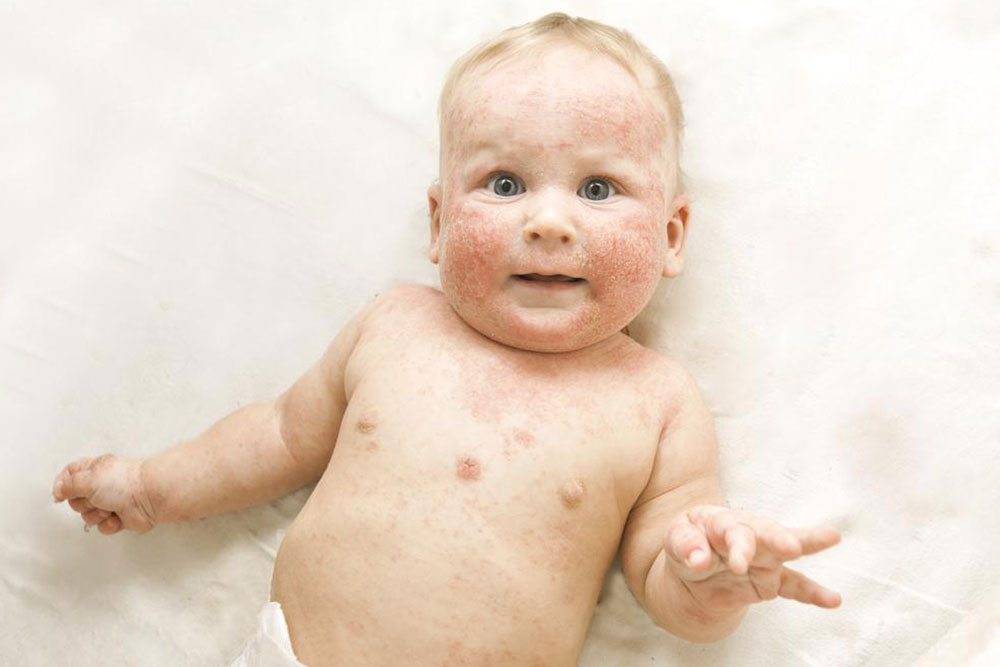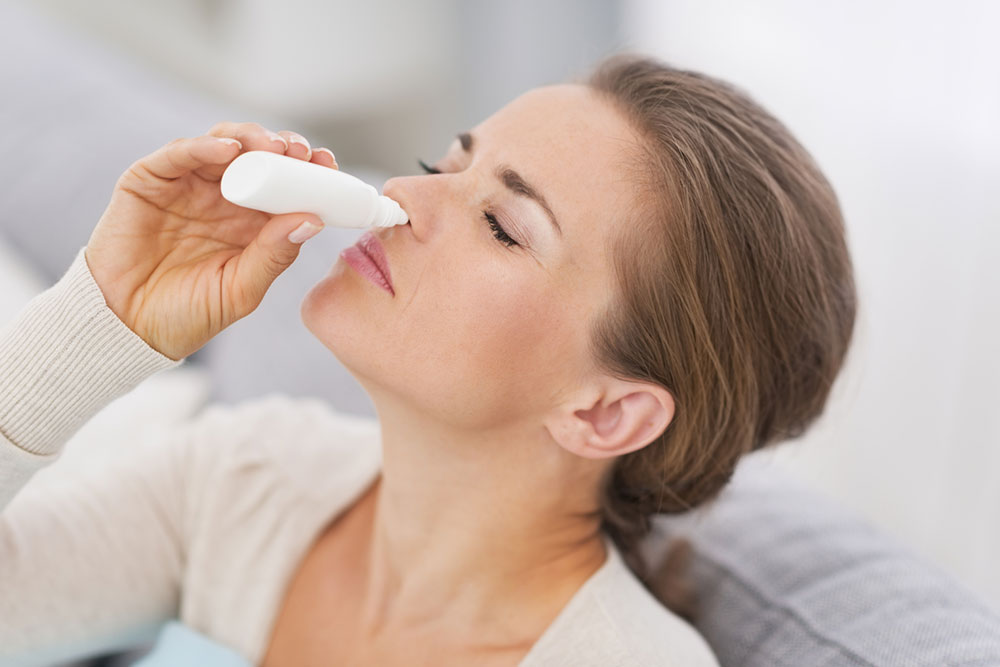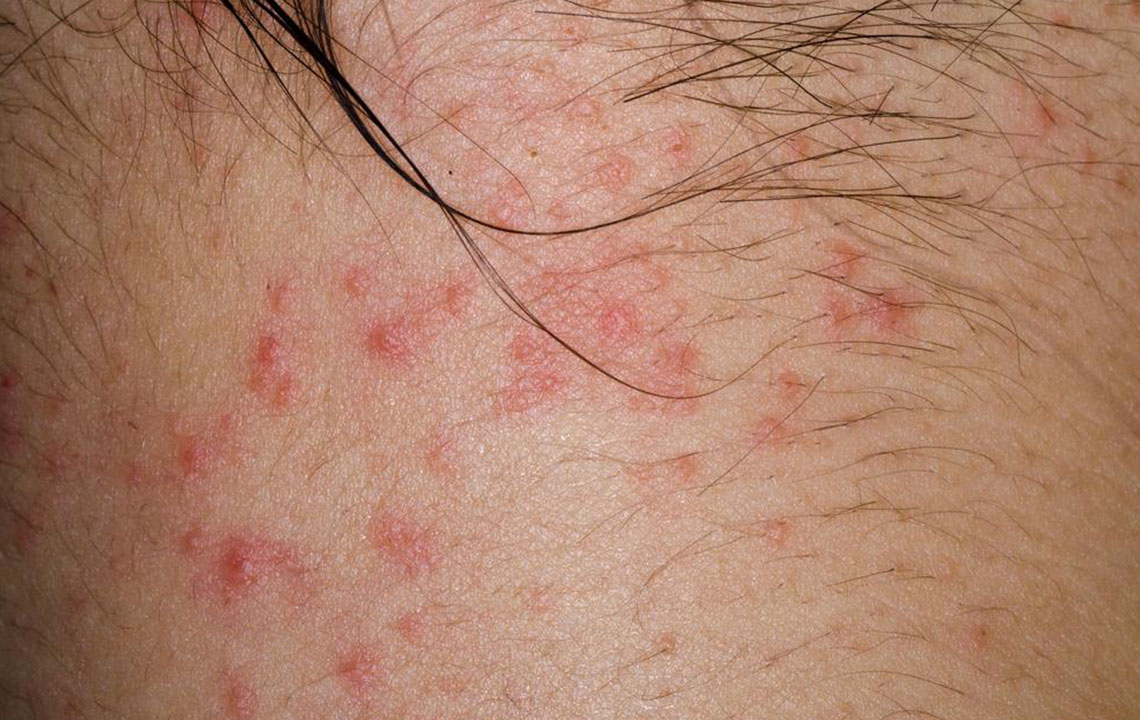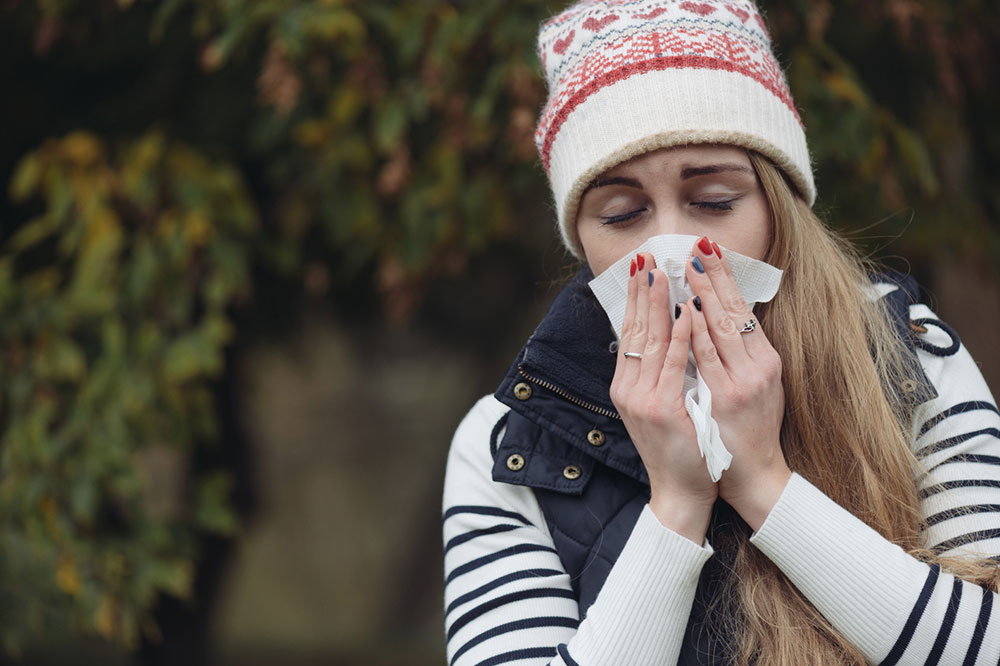Comprehensive Guide to Managing Post-Nasal Drip-Induced Coughs
Learn about post-nasal drip cough, its symptoms, causes, and effective treatments. Discover preventive tips to manage and reduce this common condition, ensuring better respiratory health and quality of life.

Post-nasal drip cough is a widespread issue affecting both children and adults, often disrupting sleep and causing fatigue. Early diagnosis and proper treatment can help control this condition effectively.
Understanding Post-Nasal Drip Cough
The mucous membranes lining the nose, airways, throat, and stomach produce mucus daily, which traps harmful particles and keeps passages moist. Usually, mucus silently drains down the throat, unnoticed. However, allergies or infections can cause mucus to thicken and increase, resulting in a runny nose and post nasal drip, where mucus backs up and drips into the throat.
This thickened mucus can lead to a persistent cough by blocking the throat, lasting for weeks if untreated. Consulting a healthcare professional is essential for appropriate care.
Signs, Causes, and Triggers
A post nasal drip cough often causes throat and nasal irritation, with symptoms like frequent throat clearing, sore swallowing, headaches, ear infections, sinus issues, hoarseness, and sometimes coughing up blood. Common causes include colds, allergies, sinus infections, certain medications, weather changes, dry air, nasal foreign objects, spicy foods, and inhaling smoke or chemicals.
If mucus isn't cleared regularly, the cough can worsen, especially at night, disrupting sleep and resulting in fatigue. Women tend to be more sensitive to cough triggers than men due to heightened cough reflexes.
Effective Treatment Strategies
Treatment varies based on the underlying cause. Bacterial infections may require antibiotics, while viral cases generally do not. Antihistamines such as diphenhydramine, loratadine, cetirizine, and levocetirizine can alleviate cough related to allergies or viral infections but may cause side effects like dry mouth, dizziness, or drowsiness. Always consult a doctor before use, especially in children.
Nasal sprays and cough suppressants may be recommended for severe coughing. Staying well-hydrated helps thin mucus, promoting easier drainage. Devices like a neti pot can cleanse sinuses. Hot showers or humidifiers add moisture to the air, easing breathing. Warm liquids like herbal tea or chicken soup can soothe sore throats and assist mucus thinning, though they do not cure the cough.
Prevention and Home Care Tips
Regular cleaning, dusting, and washing bedding in hot water reduce allergens. Using dust-mite-proof pillow and mattress covers helps. Elevating pillows during sleep can prevent mucus buildup. Air filters trap irritants, and avoiding smoke exposure is crucial. Seek medical attention if symptoms worsen, such as coughing up blood, foul-smelling mucus, or high fever. Diagnostic tests like X-rays or scans may be necessary for underlying issues.
Always consult a healthcare professional for persistent or severe symptoms. Proper care and preventive measures can significantly reduce the frequency and severity of post nasal drip coughs.










